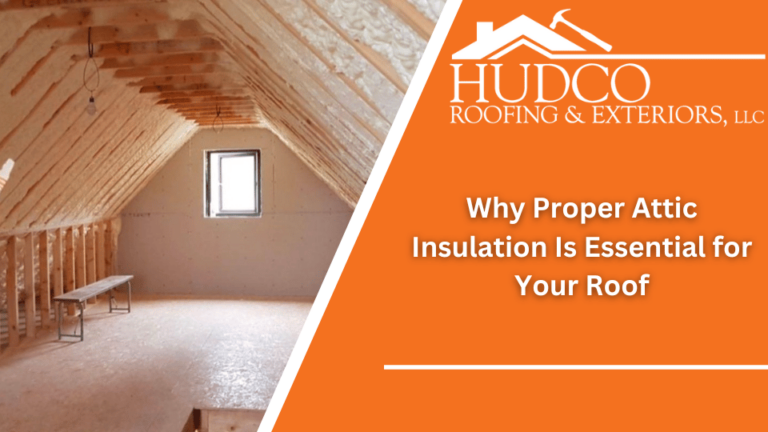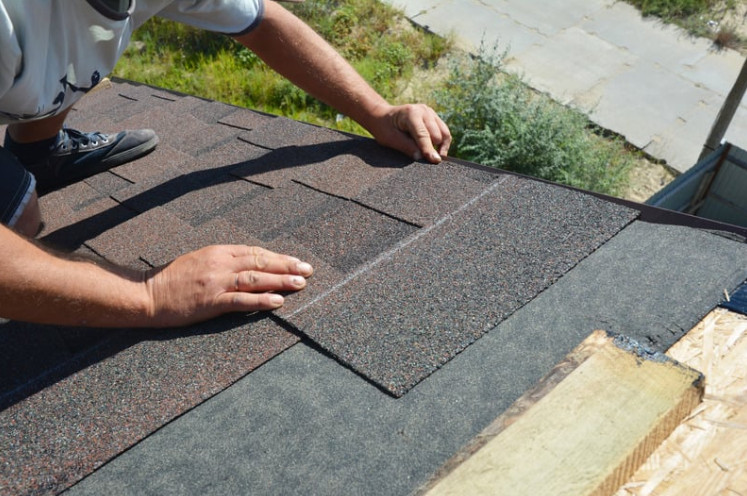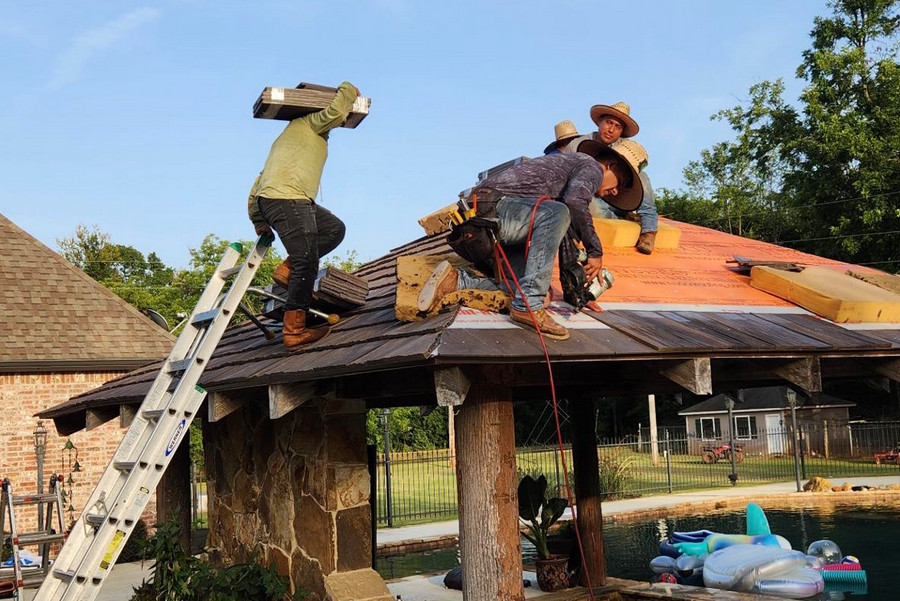Proper attic insulation is the cornerstone of a healthy, energy-efficient home system that protects your investment. This essential component continuously maintains the structural integrity of your entire roofing system. Understanding the fundamental aspects of attic insulation, including the use of vapor barriers, cellulose insulation, and spray foam insulation, can significantly impact your home’s performance and longevity.
Understanding the Benefits of Proper Attic Insulation
The right insulation creates an effective barrier between your living space and external elements. This barrier system, often enhanced by a vapor barrier, helps regulate indoor temperatures throughout changing seasons. Furthermore, homeowners can expect significant reductions in their monthly energy costs through optimal insulation installation.
Temperature management plays a vital role in protecting your roofing materials. Controlled attic temperatures prevent premature aging and deterioration of shingles and underlayment. Meanwhile, proper ventilation works alongside insulation to maintain ideal moisture levels, especially when combined with materials like cellulose insulation or spray foam insulation.
How Proper Attic Insulation Prevents Winter Damage
Effective insulation is crucial during winter months for preventing ice dams. Consequently, well-insulated attics prevent snow from melting and refreezing at roof edges. This protection also helps avoid costly water damage and structural repairs. Adding a vapor barrier can further enhance this protection by preventing moisture infiltration.
Types of Attic Insulation Solutions
Fiberglass insulation remains a popular choice among homeowners due to its cost-effectiveness. This material comes in convenient batts or loose-fill forms for various installation needs. Moreover, fiberglass provides reliable R-value ratings for consistent temperature control.
Cellulose insulation offers an environmentally conscious approach to attic insulation. Furthermore, this recycled material provides excellent thermal protection for your home. Meanwhile, its treated components resist fire and pest infiltration effectively, making it a sustainable and durable option.
Advanced Insulation Technologies
Spray foam insulation creates an unmatched seal against air infiltration in attic spaces. This premium option delivers superior insulation properties for maximum energy efficiency. Moreover, its seamless application prevents gaps that could compromise performance, especially when paired with a vapor barrier.
Radiant barriers present an additional layer of protection for homes in warmer climates. These reflective materials effectively deflect heat radiation throughout the summer months. Meanwhile, they complement traditional insulation methods, such as cellulose insulation or spray foam insulation, for enhanced temperature control.
Professional Installation Considerations for Maximum Performance
Professional assessment determines the ideal R-value for your specific climate conditions. Subsequently, experts evaluate your attic’s current state to recommend appropriate insulation levels. Moreover, they identify potential air leaks requiring attention before installation begins, ensuring that vapor barriers and other materials are properly integrated.
Ventilation and Proper Attic Insulation Balance
Proper ventilation works hand in hand with quality insulation systems. Additionally, professionals ensure adequate airflow throughout your attic space and maintain a proper balance between insulation and ventilation requirements. This balance is crucial when using materials like spray foam insulation or cellulose insulation.
Maintenance and Long-Term Benefits
Regular maintenance checks help maintain insulation effectiveness throughout the years. Additionally, professionals can identify any settling or compression issues requiring attention. Moreover, they ensure consistent performance through periodic inspections and adjustments, particularly when vapor barriers are in place.
Energy savings often offset initial installation costs over time. Furthermore, properly installed insulation, whether it’s cellulose insulation, spray foam insulation, or traditional fiberglass, continues to provide benefits throughout its lifetime. Meanwhile, homeowners enjoy improved comfort levels and reduced utility expenses.
Contact HUDCO Roofing & Exteriors today for a comprehensive attic insulation assessment. We service areas in Alexandria, Houma, and Ruston, LA. Call us at 318-206-3500 to protect your home investment for years to come.



